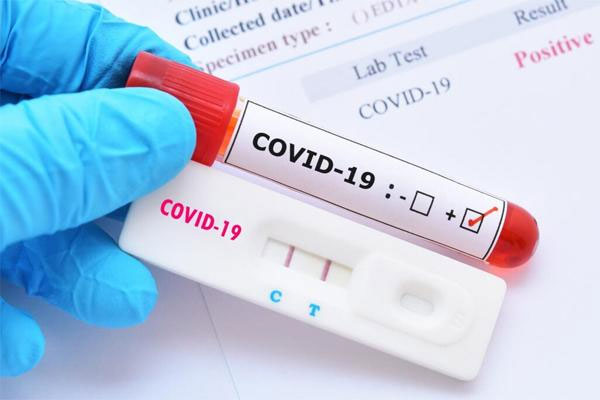Scientists develop Covid-19 bait from healthy cells
A team of authors is testing a therapy that floods the body with 'cells' that lure viruses away from healthy cells.
Northwestern University (USA) came up with the above idea to treat Covid-19. They believe this approach could also be applied to any cell-invasive disease.
Accordingly, decoys are nanomolecules that mimic real cells in the body but carry more receptors.
For Covid-19, adding more ACE2 receptors would make it easier for the virus to bind. With such convenient options, the virus will latch onto the decoy that bypasses human cells.
This therapy would be especially useful for viruses like SARS-CoV-2 that frequently mutate. The receptor remains unchanged, so the virus is still attracted to the bait.

Dr Joshua Leonard, co-author of the study, said: 'In order to enter a cell, the virus must bind to the ACE2 receptor. Decoy nanomolecules pose a challenge for Covid-19. The virus would have to come up with a completely different way to enter the cell without using the ACE2' receptors.
'We have demonstrated that decoy nanomolecules are effective inhibitors of all the different viral variants. Even variants that escape other drugs can't escape our bait."
The team used microscopic particles, called extracellular vesicles, which are naturally released from cells.
When exposed to decoys, the SARS-CoV-2 virus tightly binds to the receptor allowing the nanoparticles to absorb the virus like a sponge. Therefore, the virus does not infect the rest of the body.
The technique has only been analyzed in the laboratory, but has been found to be 50 times more effective than current antiviral drugs at fighting viral mutations.
The treatment is effective on the original strain of the SARS-CoV-2 virus and its Beta, Delta and Lambda variants.
Dr Neha Kamat said: 'As we conduct our research, different variations keep popping up around the world. We keep testing our lures against new variations and still get good results'.
Although more research and clinical evaluation are needed, experts believe that decoy nanoparticles could one day be used to treat patients with severe or prolonged viral infections.
- Healthy living helps cells fight aging
- Cancer can be cured with AstraZeneca's Covid-19 vaccine technology
- How does corona virus attack human cells?
- The new virus destroys cancer cells but does not harm healthy cells
- Dangerous tentacles found in the structure of the virus causing Covid-19
- Develop nanotechnology to kill cancer cells
- British company tests skin patch vaccine with longer immunity
- Urticaria after Covid-19, how to treat?
- Japan creates bone cells from placental membranes
- Students develop a Covid-19 epidemic distance monitoring system
- Detecting the mechanism of change of embryonic cells
- Detecting cells to help people over 110 years old to live healthy
 March 2012: Launching H5N1 vaccine for poultry
March 2012: Launching H5N1 vaccine for poultry Experts comment on the mysterious gradual disappearance of the Delta variant in Japan
Experts comment on the mysterious gradual disappearance of the Delta variant in Japan Danger of the two Delta . branch variants
Danger of the two Delta . branch variants 2020 pandemic flu attack humans?
2020 pandemic flu attack humans?